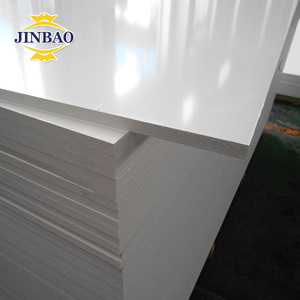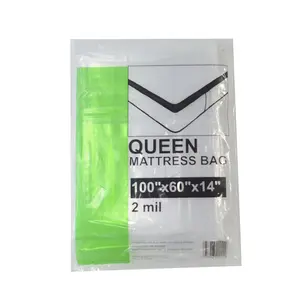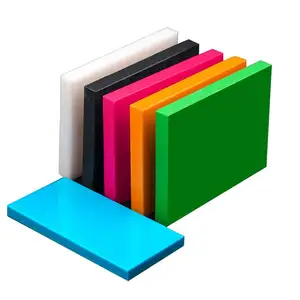Understanding Plastic Board for Bags
Plastic board for bags serves as a fundamental component in the packaging industry, catering to a myriad of storage and transportation needs. These boards are crafted in various dimensions and contours, tailored to accommodate a diverse range of consumer requirements. The utility of plastic boards in creating bags that are robust and versatile has led to their increased adoption across multiple sectors.
Types and Features
The versatility of plastic board for bags is evident in the array of types available. Resealable options offer the convenience of multiple uses, preserving the freshness of perishables and protecting against moisture and spillage. While not entirely hermetic, these boards are engineered to minimize air penetration, thereby extending the shelf life of contents and mitigating risks such as food spoilage.
Environmental Considerations
In response to environmental concerns, the market has seen a shift towards plastic boards that favor ecological balance. These boards are designed to degrade more swiftly, reducing landfill accumulation and emitting fewer harmful chemicals. The move towards sustainable practices is also reflected in the growing preference for reusable bags, which contribute to waste reduction and offer economic benefits.
Applications in Retail and Marketing
Beyond functionality, plastic board for bags also plays a strategic role in branding and marketing. Customizable bags with company logos or messages act as mobile advertisements, enhancing brand visibility. A simple gesture like a "thank you" message imprinted on a bag can significantly impact customer perception and loyalty.
Material and Advantages
The material composition of plastic board for bags is a critical factor in their performance. These boards are typically made from materials that offer durability, flexibility, and resistance to wear and tear. The advantages of using these plastic boards are manifold, including their lightweight nature, ease of molding, and cost-effectiveness in mass production.
Conclusion
In summary, plastic board for bags is an essential product that supports a range of industries with its functional and promotional benefits. While addressing storage and transportation needs, these boards also align with environmental initiatives and marketing strategies, making them a valuable asset in the retail and packaging sectors.









































 浙公网安备 33010002000092号
浙公网安备 33010002000092号 浙B2-20120091-4
浙B2-20120091-4